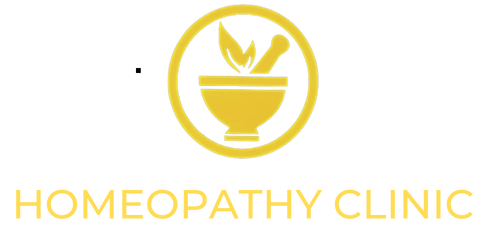Pediatric
Homeopathy and children's Health:
1. Individualized Treatment:
- Homeopathy is based on the principle of treating the individual, not just the disease. Each child is unique, and their symptoms, both physical and emotional, are considered when selecting a homeopathic remedy.
- Homeopaths take into account a child’s temperament, fears, likes, dislikes, and other individual characteristics.
2. Common Childhood Ailments:
Homeopathy can be used to address a variety of common childhood ailments such as:
• Colds and coughs
• Ear infections
• Digestive issues (colic, constipation, diarrhea)
• Skin conditions (eczema, rashes)
• Teething problems
• Behavioural issues
• Sleep disturbances
3. Safe and Gentle:
• Homeopathic remedies are highly diluted substances, making them safe for children of all ages, including infants.
• Homeopathy is non-toxic and doesn’t cause side effects, making it a preferred choice for many parents.
4. Ease of Administration:
• Homeopathic remedies for children often come in the form of small, sweet pills or liquid drops, making them easy for children to take.
• Children usually find homeopathic remedies palatable, which facilitates compliance.
5. Support for Growth and Development:
• Homeopathy can support the overall growth and development of children by addressing issues that may affect their physical and mental well-being.
• It can help in promoting a healthy immune system, balanced emotions, and proper cognitive development.
6. Behavioral and Emotional Issues:
• Homeopathy is effective in addressing behavioral and emotional issues in children, such as anxiety, temper tantrums, attention difficulties, and fears.
• The remedies selected aim to balance the child’s emotional state, promoting overall well-being.
7. Chronic Conditions:
• Homeopathy can also be beneficial for chronic conditions in children, such as allergies, asthma, and recurrent infections.
• In chronic cases, a thorough case history is often taken to understand the child’s overall health and lifestyle.
8. Collaboration with Conventional Medicine:
• Homeopathy can be used alongside conventional medicine when necessary. It is important for parents to communicate openly with both their homeopath and their pediatrician.
9. Educating Parents:
• It’s beneficial to educate parents about homeopathy, explaining how it works and setting realistic expectations for the healing process.
• Encouraging parents to observe and report changes in their child’s symptoms for ongoing adjustments to the treatment plan.
10. Regular Follow-ups:
• Regular follow-up appointments with the homeopath allow for adjustments to the treatment plan as the child’s health evolves.
Homeopathy can be a valuable and gentle approach to treating children, considering their unique needs and promoting overall well-being. It’s advisable for parents to work with a qualified and experienced homeopath for individualized and effective treatment. Always consult with healthcare professionals for serious or acute conditions
We have treated many paediatric cases successfully with very long period follow ups.
It’s natural to feel overwhelmed when a child is unwell—it often affects the entire household.
Emotional Impact: A child’s illness can bring stress and exhaustion to parents and caregivers, influencing the overall mood and energy within the family.

